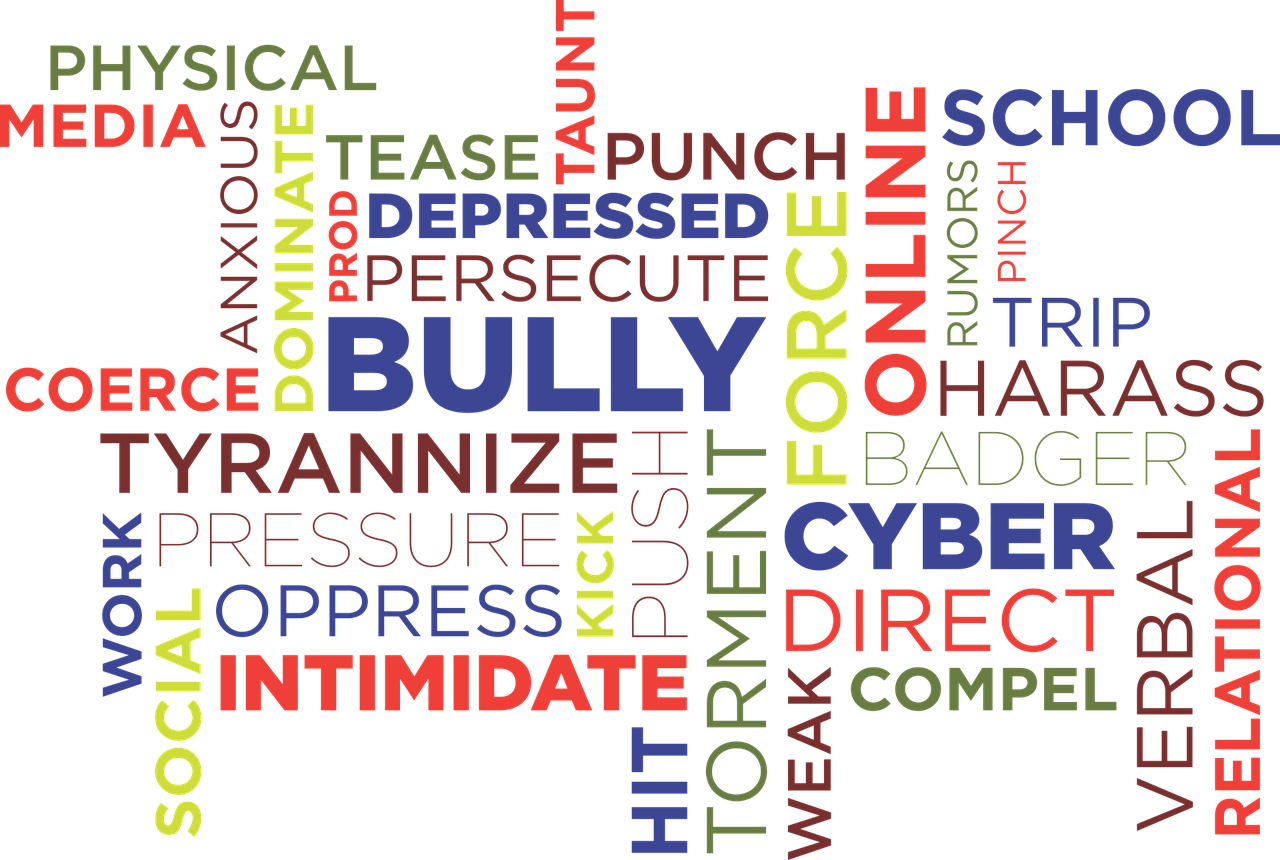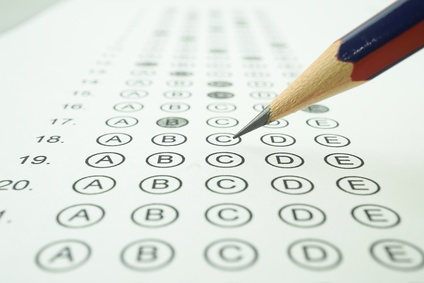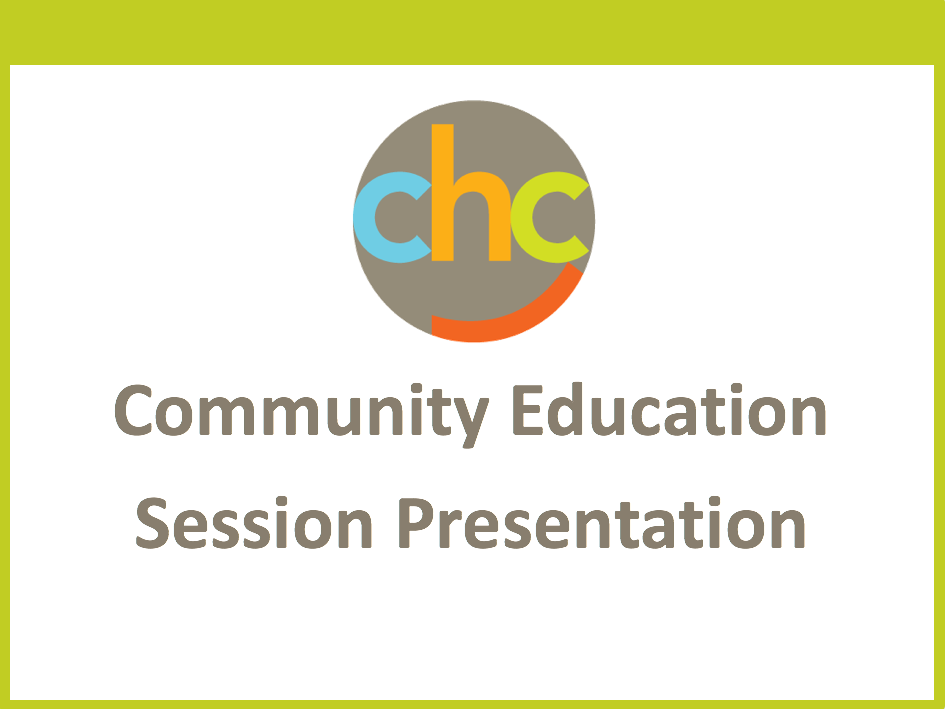 Bullying is when a child tries to hurt another child physically or emotionally. Kids who bully use their power (like being popular or physically strong) to control or hurt others.
Bullying is when a child tries to hurt another child physically or emotionally. Kids who bully use their power (like being popular or physically strong) to control or hurt others.
There are different kinds of bullying. Bullying can be:
- Physical – like hitting or pushing
- Verbal – like name-calling or teasing
- Social – like spreading rumors or leaving someone out on purpose
Bullying can be done in person, online, or with other technology (like cell phones). Bullying usually happens over and over again.
Talk with your child about bullying – even if you don’t see signs of a problem.
Teach your child that bullying is wrong.
Tell your child why you are concerned about bullying.
- “In our family, we believe that everyone deserves respect. When you say mean things, leave other kids out on purpose, or push and hit, that’s not being respectful.”
- “It’s hard to know what to do if someone is picking on you. If you ever have a problem, we can figure out what to do together.”
Play the “what if” game with your child.
Try asking your child questions, like “What would you do if:
- …you saw someone getting picked on?”
- …someone sent you a mean text message?”
- …you hurt someone’s feelings?”
Thinking through the answers to questions like these can help children be more prepared to handle difficult situations.
Look for the warning signs of bullying.
Talk with your child about what’s going on at school. Your child might be being bullied if he or she:
- Doesn’t want to go to school
- Has cuts or bruises
- Is acting unhappy or anxious
- Complains of headaches or stomachaches
Your child might be bullying other children if he or she:
- Has a hard time controlling anger
- Is very rough or aggressive
- Is getting in trouble at school
- Has friends who are bullying other children
Speak up if you see signs of bullying.
- Talk to your child’s teacher or school counselor if you think your child is involved in bullying.
- If your child is bullying others, she may need help learning how to deal with anger or other problems.
- If your child is being bullied, tell him you support him and you’ll figure out what to do together. Encourage him to get help from a teacher or school counselor. Remember, “fighting back” isn’t a good way to deal with bullying.
Help your child learn kindness and respect.
- Encourage your child to participate in activities with other children. This can help her build confidence and learn how to work well with others.
- Help your child learn how to be kind and respectful to others by setting a good example. You can teach your child a lot by treating him and others with respect.
Learn more about bullying.
Talk to other parents and your child’s school to find out how to handle bullying.
- Find out about the school’s policies on bullying.
- Ask other parents how they help their kids stay safe on social media sites.
- If you have a smart phone, get the KnowBullying app from store.samhsa.gov/apps/knowbullying. It has simple conversation starters to use with your child.
Source: U.S. Department of Health and Human Services, Office of Disease Prevention and Health Promotion | public domain. Content last updated July 2019
Do you need someone to talk to? CHC can help. We invite you to call or email our Care Coordinators at 650.688.3625 or careteam@stage.chconline.org to set up a free 30-minute consultation.




